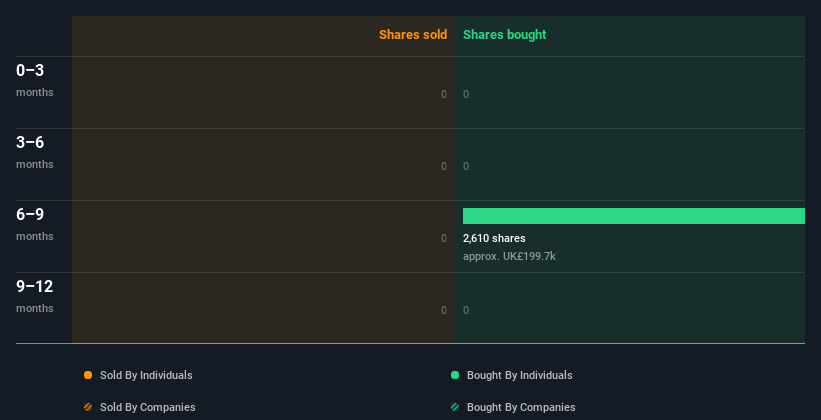Who Has Been Buying AstraZeneca PLC (LON:AZN) Shares?
We often see insiders buying up shares in companies that perform well over the long term. On the other hand, we'd be remiss not to mention that insider sales have been known to precede tough periods for a business. So before you buy or sell AstraZeneca PLC (LON:AZN), you may well want to know whether insiders have been buying or selling.
What Is Insider Selling?
It is perfectly legal for company insiders, including board members, to buy and sell stock in a company. However, most countries require that the company discloses such transactions to the market.
Insider transactions are not the most important thing when it comes to long-term investing. But equally, we would consider it foolish to ignore insider transactions altogether. For example, a Columbia University study found that 'insiders are more likely to engage in open market purchases of their own company’s stock when the firm is about to reveal new agreements with customers and suppliers'.
Check out our latest analysis for AstraZeneca
AstraZeneca Insider Transactions Over The Last Year
The Senior Independent Non-Executive Director Philip John Broadley made the biggest insider purchase in the last 12 months. That single transaction was for UK£100k worth of shares at a price of UK£76.25 each. That means that an insider was happy to buy shares at around the current price of UK£83.22. Of course they may have changed their mind. But this suggests they are optimistic. While we always like to see insider buying, it's less meaningful if the purchases were made at much lower prices, as the opportunity they saw may have passed. Happily, the AstraZeneca insiders decided to buy shares at close to current prices.
AstraZeneca insiders may have bought shares in the last year, but they didn't sell any. You can see a visual depiction of insider transactions (by companies and individuals) over the last 12 months, below. If you click on the chart, you can see all the individual transactions, including the share price, individual, and the date!
There are plenty of other companies that have insiders buying up shares. You probably do not want to miss this free list of growing companies that insiders are buying.
Insider Ownership
Another way to test the alignment between the leaders of a company and other shareholders is to look at how many shares they own. We usually like to see fairly high levels of insider ownership. AstraZeneca insiders own 0.08% of the company, currently worth about UK£88m based on the recent share price. This kind of significant ownership by insiders does generally increase the chance that the company is run in the interest of all shareholders.
So What Do The AstraZeneca Insider Transactions Indicate?
The fact that there have been no AstraZeneca insider transactions recently certainly doesn't bother us. But insiders have shown more of an appetite for the stock, over the last year. Overall we don't see anything to make us think AstraZeneca insiders are doubting the company, and they do own shares. While we like knowing what's going on with the insider's ownership and transactions, we make sure to also consider what risks are facing a stock before making any investment decision. You'd be interested to know, that we found 3 warning signs for AstraZeneca and we suggest you have a look.
But note: AstraZeneca may not be the best stock to buy. So take a peek at this free list of interesting companies with high ROE and low debt.
For the purposes of this article, insiders are those individuals who report their transactions to the relevant regulatory body. We currently account for open market transactions and private dispositions, but not derivative transactions.
This article by Simply Wall St is general in nature. It does not constitute a recommendation to buy or sell any stock, and does not take account of your objectives, or your financial situation. We aim to bring you long-term focused analysis driven by fundamental data. Note that our analysis may not factor in the latest price-sensitive company announcements or qualitative material. Simply Wall St has no position in any stocks mentioned.
Have feedback on this article? Concerned about the content? Get in touch with us directly. Alternatively, email editorial-team (at) simplywallst.com.

 Yahoo Finance
Yahoo Finance 
